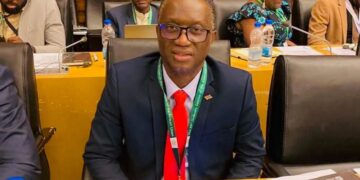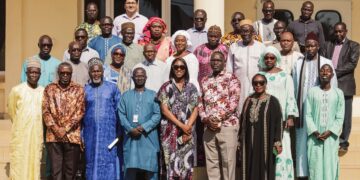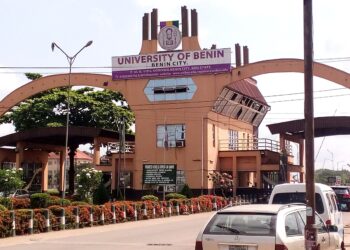Nigeria’s N290bn Salary Gap Threatens Education Quality — Data Report
Nigeria’s 2025 education budget has exposed a funding gap that directly threatens the welfare of teachers and the quality of learning nationwide, according to a new report, The Hole in Nigeria’s Education Budget, published by the UK-based group Column.
The Budget Breakdown
- Total Federal Budget (2025): N54.99 trillion
- Education Allocation: N3.5 trillion (≈ 7% of total budget)
- Personnel (teachers & staff salaries): N1.64 trillion
- Actual teacher salary requirement: N1.93 trillion
- Salary shortfall: ≈ N290 billion
The Teaching Registration Council of Nigeria (TRCN) estimates that the country has 2.3 million teachers as of 2024. With a new minimum wage of N70,000, the gap between what is budgeted and what is required for salaries alone is widening.
Historical Context
- 2024 allocation to education: N1.59 trillion
- Portion for teacher salaries: N1.04 trillion
- Actual salary need (2024): higher than N1.04 trillion, also leaving a gap.
This shows a recurring underfunding trend that consistently undermines teacher compensation.
The Human Numbers Behind the Shortfall
- Students in Nigeria: 32 million (public & private), majority in public schools.
- Teachers needed: More than 2.3 million; shortages are most severe in rural schools and STEM subjects.
- Illiteracy rate: 23%–31% (≈ 62 million Nigerians) remain unable to read or write.
- Comparative literacy: Nigeria (69–77%) vs Ghana (80%).
Why It Matters
- Teachers’ Welfare: A N290bn salary gap means delayed or inadequate pay, lowering morale, and fueling teacher exits from public schools into private institutions or entirely new careers.
- Education Quality: Underpaid teachers are less likely to invest in professional development, reducing the quality of instruction for millions of students.
- Civic Risks: An undereducated population makes informed political decision-making harder, leaving citizens vulnerable to manipulation.
- Security Risks: The report warns that uneducated or undereducated youth are more susceptible to extremist ideologies, radicalization, and recruitment into violent movements.
The Bigger Picture
Globally, UNESCO recommends that countries allocate 15–20% of their national budgets to education. Nigeria’s current 7% allocation falls far below that benchmark.
Possible Solutions
The report calls for:
- Increasing education spending through recovered misappropriated funds.
- Strengthening teacher welfare and retention policies.
- Expanding investments in infrastructure and learning resources.
Without these steps, experts warn that the funding deficit will continue to drag down education outcomes, widen inequality, and threaten Nigeria’s long-term social and political stability.



















































































 EduTimes Africa, a product of Education Times Africa, is a magazine publication that aims to lend its support to close the yawning gap in Africa's educational development.
EduTimes Africa, a product of Education Times Africa, is a magazine publication that aims to lend its support to close the yawning gap in Africa's educational development.